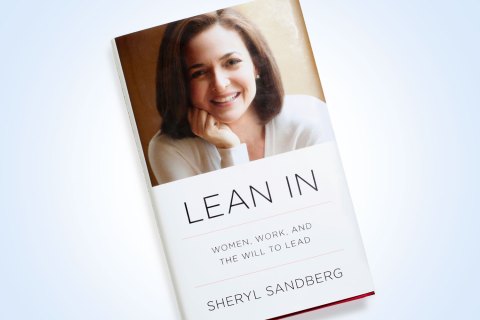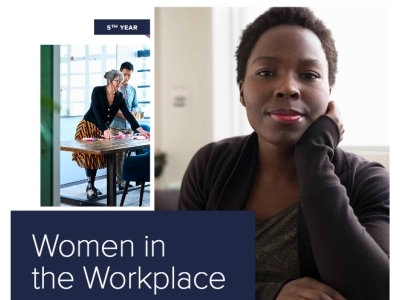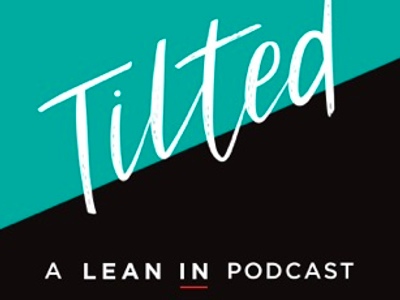Jessica Chivers is the author of Mothers Work! How to Get a Grip on Guilt and Make a Smooth Return to Work (Hay House, £10.99). She is the founder of The Talent Keeper Specialists, an organisation helping employers hang on to and support their female talent during career transitions. See www.talentkeepers.co.uk and follow @TalentKeepersUK on Twitter.
This article is also available as nine short podcasts (totalling 38:28) on soundcloud.
My first thoughts are ‘It’s slimmer than I thought it would be. How much of this did Sheryl write? How much effort did she really put in?’ And then I ask myself ‘Why does it bother me that she didn’t do the actual bashing at the keyboard?’
Let’s be honest, it’s because I did with my book, but then that was my choice. Get over yourself Jessica!
Sheryl is a good woman doing something positive, and if read by business leaders, this could be a game-changer. I’ve heard her speak at the London School of Economics and she was eloquent, sassy, warm and bright. Yes, I’m a fan.
I suspect her not-quite-ghost-writer (Nell Scovell) or her assistant did the bulk of the data-driven bit as the references are the most extensive I’ve seen for a book of this size – 35 pages of 9 point type in total. It’s an impressive and a valuable resource for EDI practitioners.
Chapter 1 – The Leadership Ambition Gap
In which we discover there is an ‘ambition gap’ between men and women and this partly explains why fewer women make it to the upper echelons of organisations than men. She rightly espouses the need for more positive portrayals of working women and less ‘I don’t Know How She Does it’ type stuff. (A book by Allison Pearson I lapped up as a new mother in 2006, although I couldn’t stomach the S J-P film several years later).
Interesting golden nuggets:
- Is the tide turning? “A 2012 Pew study found for the first time that among young people ages 18-34 more young women (66%) than young men (59%) rated ‘success in a high-paying career or profession’ as important to their lives.” I’m undecided whether this is a good thing or a thing to be concerned about given the emphasis on money. Getting to the top is admirable but if it’s all about the wonga I feel there’s more work to do to educate this generation (to which I just scrape in) that happiness is not correlated with money beyond being able to buy life’s basics.
- Parents beware of our biases: “Parents tend to talk to girl babies more than boy babies. Mothers estimate the crawling ability of their sons and underestimate the crawling ability of their daughters.”
- Mothers guilt be gone: “Professor Rosalind Chait Barnett of Brandeis University did a comprehensive review of work-life balance and found that women who participate in multiple roles actually have lower levels of anxiety and higher levels of mental wellbeing.” This is something I covered in my own book, although the research I cite suggests this is true to a point – women working PT tend to fare better than women working FT.
- Stereotype threat psychology: “Social scientists have observed that when members of a group are made aware of a negative stereotype, they are more likely to perform according to that stereotype. For example, stereotypically, boys are better at math and science than girls. When girls are reminded of their gender before a math or science test, even by something as simple as checking off an M or F box at the top of the test, they perform worse.”









